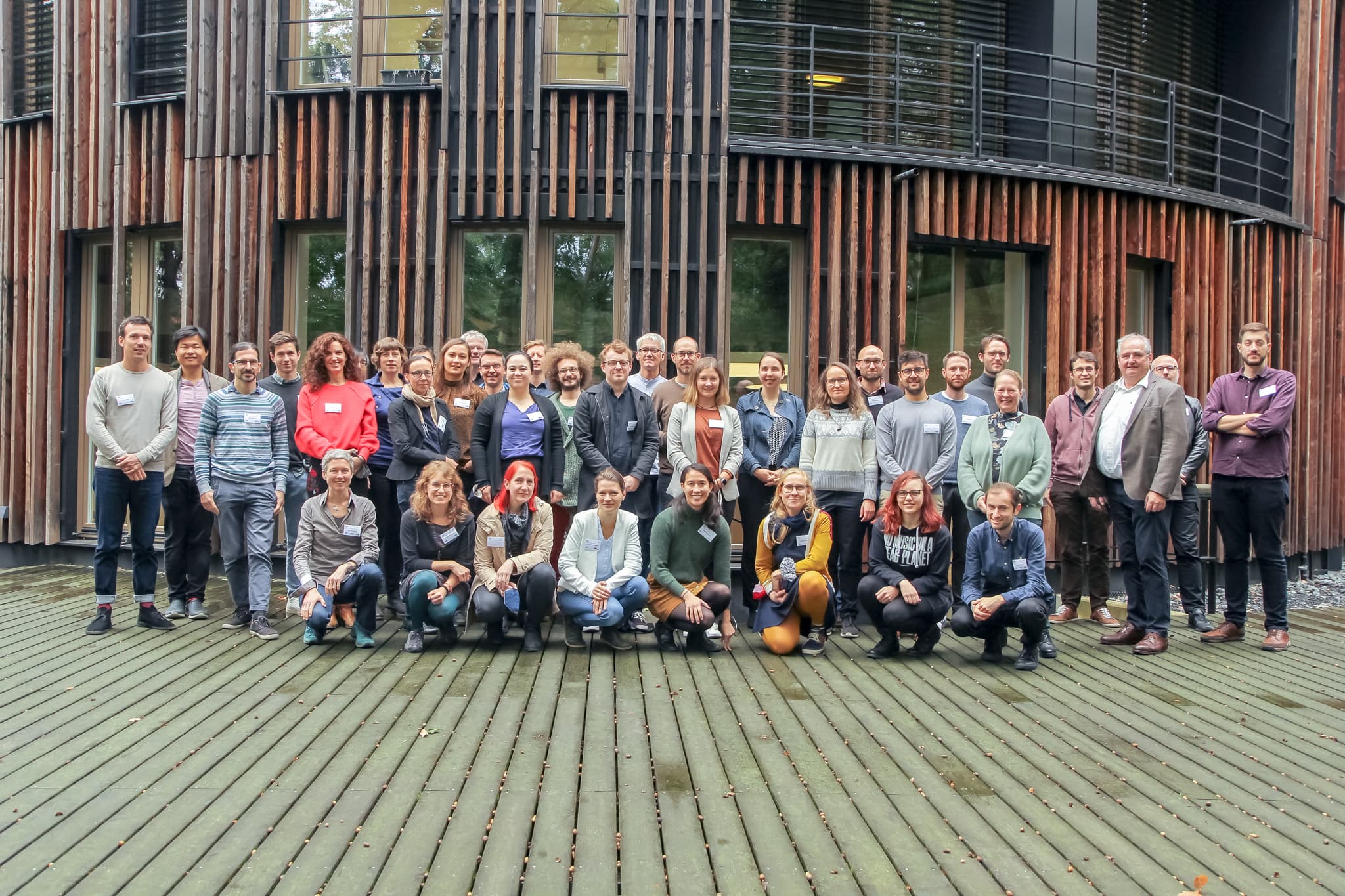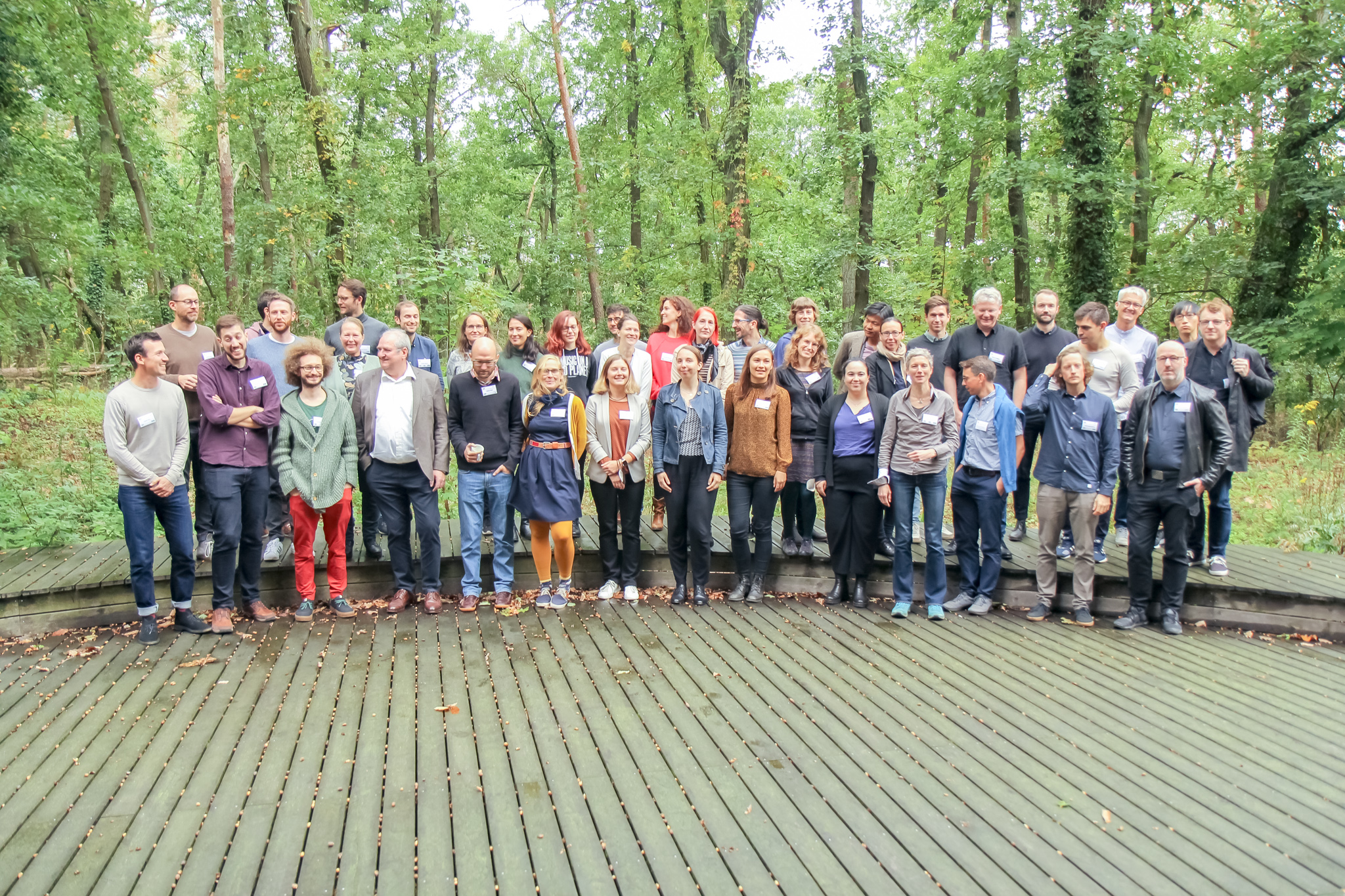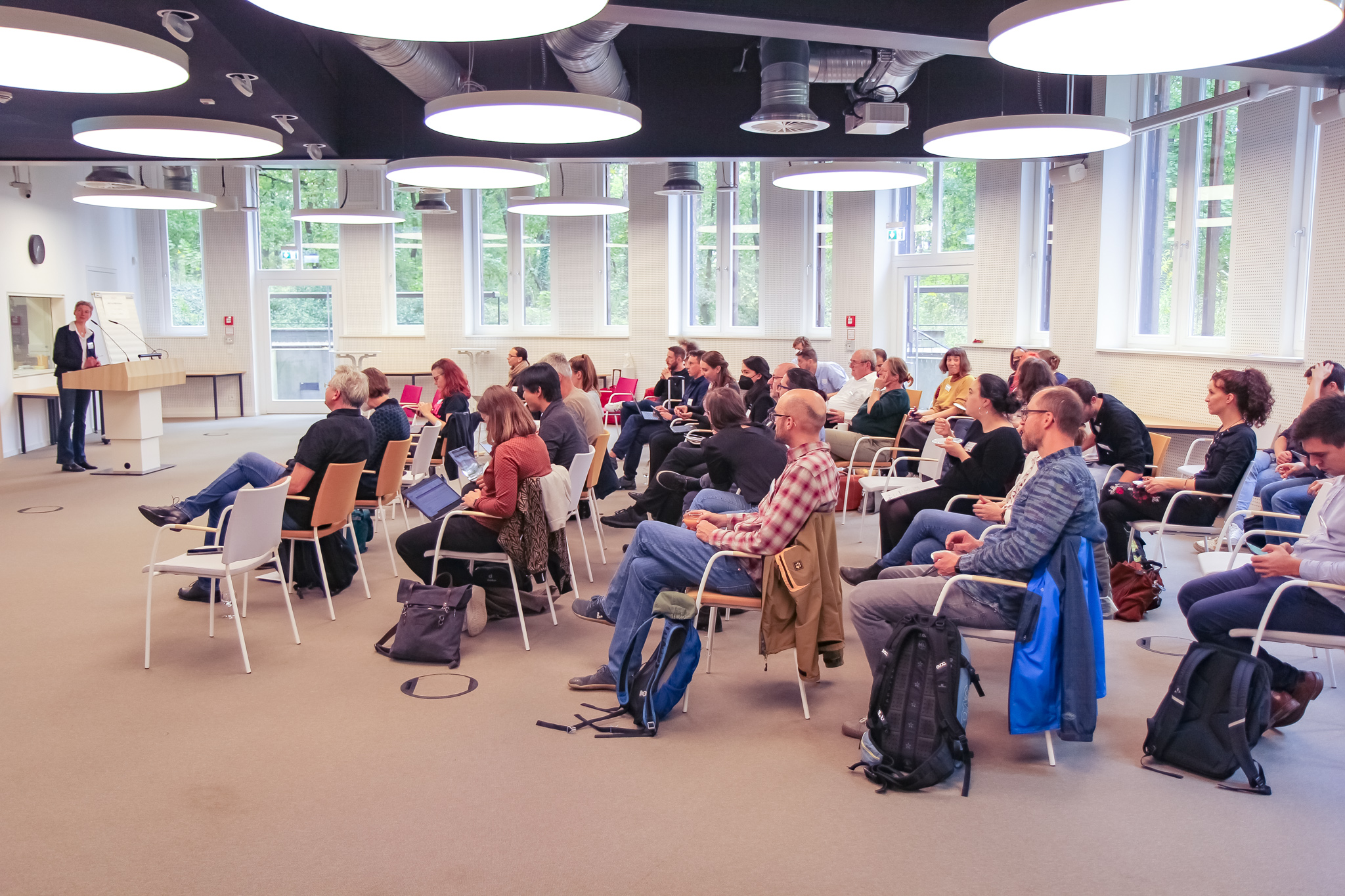Designing a CDR assessment framework together

At the end of September, researchers from all of CDRterra’s consortia met at the Potsdam Institute for Climate Impact Research (PIK) and continued to work together on an assessment framework for the various methods of CO₂ removal. This should help to determine the ecological, techno-economic, political and societal potential of CDR methods for Germany as accurately and realistically as possible.
In addition to the exchange within the scientific community, we at CDRterra also seek the dialogue with stakeholders from various sectors of society. Thus, another workshop on the CDR assessment framework was held with a diverse group of stakeholders. In addition to information about the research program and the individual consortia, the focus was on an exchange about different perspectives, positions and needs. We are pleased with the start of this dialogue and thank all participants for their contribution:
Federal Ministry of Education and Research (BMBF), BDI – Federation of German Industries (BDI), adelphi, Carbon Gap, Federal Environment Agency, Germanwatch, Federal Association for New Energy Economy (bne), German Energy Agency (dena), Federal Institute for Agriculture and Food, GEOMAR Helmholtz Centre for Ocean Research Kiel, Stiftung Risiko-Dialog, Ludwig-Maximilians-Universität München (LMU), Climate Service Center Germany (GERICS), Eberhard Karls Universität Tübingen, Helmholtz Centre for Environmental Research (UFZ), Stiftung Wissen und Politik, Institute for Advanced Sustainability Studies (IASS), CoKnow Consulting, PIK – Potsdam Institute for Climate Impact Research, Ökoinstitut, TechnoCarbon Technologies, carbonfuture, Federal Agency for Nature Conservation, Federal Ministry of Economic Affairs and Climate Action (BMWK), German Scientific Society for Sustainable Energy, Mobility and Carbon Cycles (DGMK), WWF Germany, Clean Air Task Force, Leibniz Institute for Baltic Sea Research Warnemünde, RWTH Aachen University, Federal Ministry of Finance (BMF), Federal Ministry for the Environment, Nature Conservation, Nuclear Safety and Consumer Protection (BMUV), NRW. Energy4Climate, German Advisory Council on Global Change (WGBU), Fridays For Future (FFF), Leibniz-Centre for Agricultural Landscape Research (ZALF), Wuppertal Institute for Climate, Environment and Energy, German Aerospace Center (DLR), University of Hamburg, German Federal Agency for Nature Conservation, Perspectives Climate Group (in no particular order).


